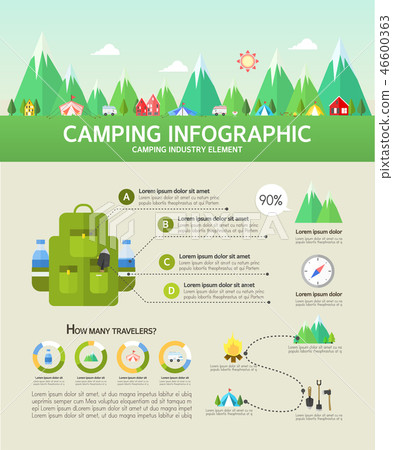Polyester fabric discovers a diverse variety of applications throughout the garment industry. Whether you're a musician looking for a stable painting surface or a maker looking for solid attractive materials, polyester canvas offers the best balance of stamina, versatility and green top qualities.
Nonetheless, some people like cotton for its breathability and softness. Garment designers may wish to take into consideration a 50/50 Cotton/Polyester blend for tasks that require both longevity and comfort.
Price
Cotton canvas is more costly than polyester as a result of its resource-intensive growing procedure. It also needs mindful handling and storage to protect its quality in time. These included expenses can drive up the total cost of production for musicians and manufacturers.
One more downside to cotton canvas is its susceptibility to fading and damages from UV direct exposure. This can lead to minimized shade vibrancy over time and a loss of architectural honesty, especially in areas that experience constant call or heavy load-bearing.
In comparison, polyester is an artificial fiber that's crafted for consistency and sturdiness. This makes it an extra cost-effective option for makers and customers, particularly in areas where durability is a leading concern. The material's stamina likewise supplies improved resistance to wrinkles and breaking gradually. The artificial nature of polyester, nonetheless, can leave a larger environmental footprint than cotton canvas if it's not sourced from natural or low-impact systems. This is a vital factor to consider for organizations striving for sustainability and eco-conscious branding.
Sturdiness
On the market for canvas rolls, purchasers encounter a variety of options with competing priorities. Cotton provides all-natural structure and breathability, perfect for brand names concentrated on sustainability and craftsmen workmanship. Polyester, on the other hand, supplies a balanced combination of strength and stability and printing performance with color vibrancy and resilience.
Eventually, the material you select for your items need to show the assisting concepts of your brand name tale and worths. While cotton can supply a costs visual, it's additionally vulnerable to contraction and upkeep expenses, while polyester allows much better manufacturing effectiveness and long-lasting expense efficiency.
Both materials are durable and carry out well in damp environments, but their contrasting qualities make them suitable for different applications. Cotton canvas is extra breathable, lowering the threat of mold and mildew and mold in locations with high humidity. Polyester, on the other hand, is water-resistant and dries quickly in settings where dampness can be bothersome. This can minimize the danger of wetness build-up in the fabric, preventing bending or rot in your item gradually.
Comfort
When assessing fabric options for your brand name-- whether you're beginning a workwear line or a comfortable loungewear brand-- the type of cotton or polyester canvas you pick influences exactly how your products look, feel, and put on. While all canvas kinds support print-on-demand and offer high form security, they vary in color discussion and printing longevity, convenience, and sustainability.
Cotton and cotton-polyester blends provide a soft texture, all-natural organic look, and exceptional warmth equilibrium compared to synthetic choices. Cotton's fibers wick dampness away from the skin and allow warmth to get away, making it perfect for clothing that calls for extended wear in warm settings.
On the other hand, polyester's artificial nature and petroleum-based manufacturing procedure have an durability unfavorable energy equilibrium, which can make it much less environmentally friendly than cotton in the long run. Polyester's abrasion resistance and water-repellency are exceptional, nevertheless, which makes it the suitable option for heavy tons or severe climate condition like rainstorms or aquatic settings.
Ecological Effect
Whether picking cotton or polyester, the suitable material for personalized manufacturing depends on item performance objectives. Strength, longevity, and durability are all important aspects when developing items that will sustain repeated abrasion, hefty load-bearing, or high anxiety points. Water resistance, seam integrity, and UV security are also important to long-term success in exterior and damp atmospheres.
While both fabrics can do well in these areas, their ecological impact is somewhat various. Cotton's natural, breathable building and construction needs dramatically much more sources for cultivation than polyester's artificial fibers.
When choosing an ecologically lasting material, take into consideration a wide variety of influence assessment techniques to gauge the full ecological footprint of your product. Some concentrate on specific effects (like international warming capacity, water usage, and scarcity) while others depend on even more holistic evaluations like Dish, ILCD, CML, and Eco-indicator 99.
